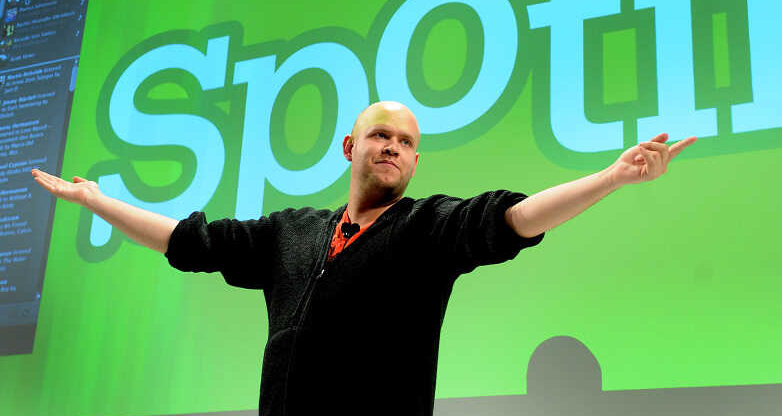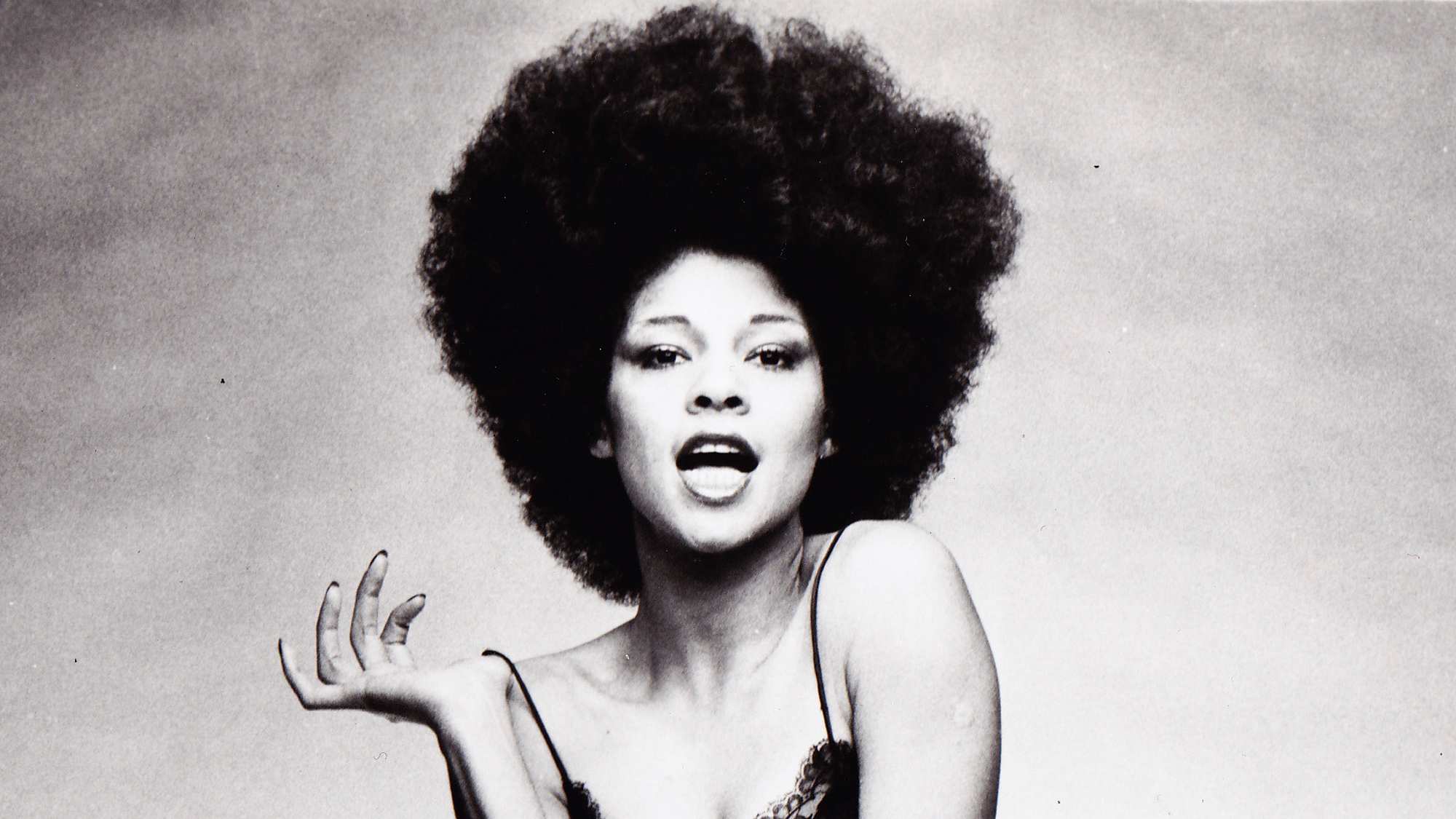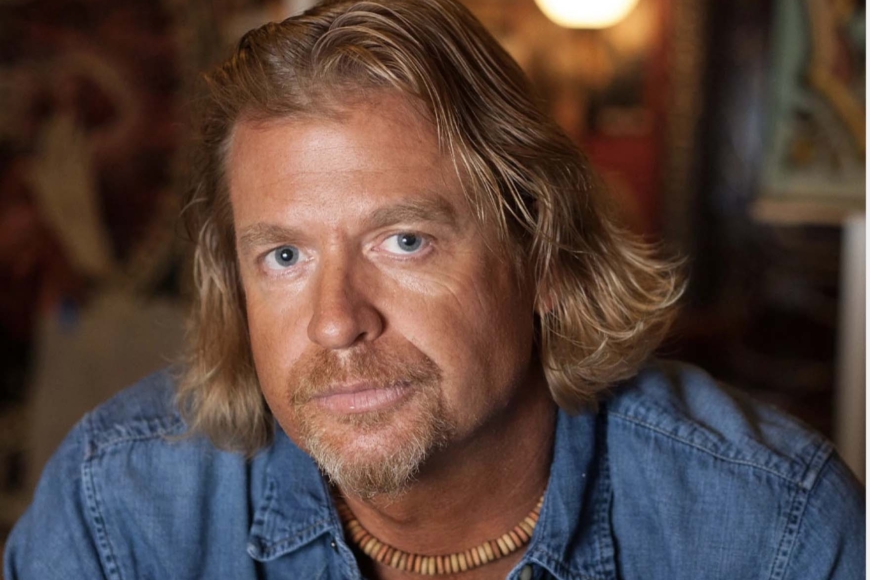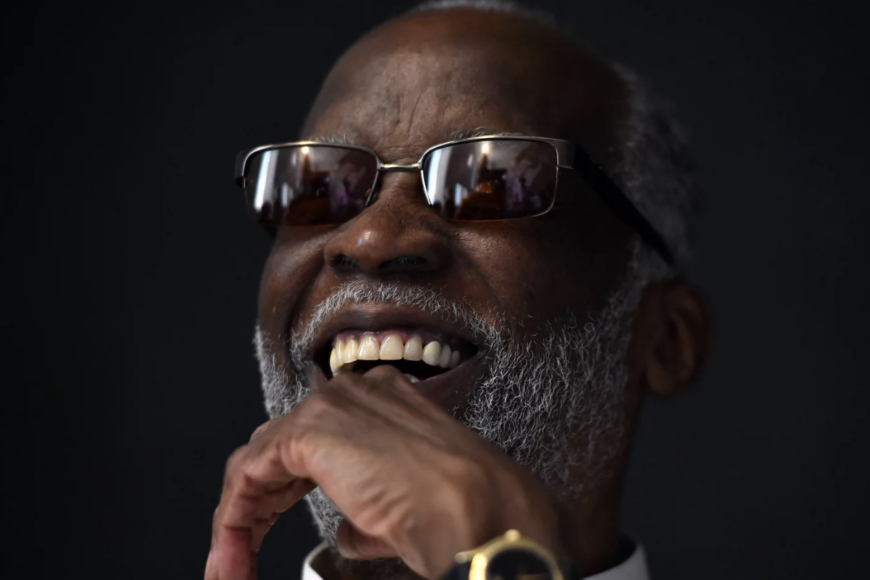By Jeff McCord
On rare occasions when my wife, son and I gather in agreement on which movie we’d like to rent, I always make the same stupid joke: “Which evil corporation should we pay this time?” It’s easy, cheap cynicism, but as Art Levy points out in his essay, consumers in the digital age are often left feeling they have two choices: the bad and the slightly less bad.
We’re all reaping the benefits of remarkable innovation. We’ve come to expect instant access to virtually any song (or film, or friend, book or bottle of car wax) at the push of a button. The people that invented these services (or were the first to be successful at bringing them to market) are all billionaires. And musicians, in particular, have an array of options to distribute their music globally they previously never envisioned. You’d think we were all living in a new utopia.
Instead, it’s all gone wrong. Exploitation and greed rule the day. The Facebooks and Amazons of the world have bullied their way into dominance, buying up anyone that even hints at being competitive. They behave like all monopolies – treating their employees and consumers pretty much any way they want to. Innovation should be rewarded, but it’s not a lifetime pass to stand up and yell ‘fire’ in a crowded theater.
Which brings us to Spotify and their latest controversy – Joe Rogan, the podcaster they paid a reported $100 million for an exclusive deal. Rogan says he’s ‘just talking to people’, and he does have legitimate experts sprinkled among his raconteurs. But there are still things in this world that are patently and provably false, and by giving equal footing to COVID lies, Rogan is just as harmful (even fatally so) as the tsunami of misinformation on social media. Both Mark Zuckerberg (net worth: 29 billion) and Spotify’s Daniel Ek (net worth: 5 billion) have vowed to take actions to do better – up to the point of cashing the offender’s checks, of course. They can’t regulate free speech or censor, they say; they aren’t media companies. Which is its own misinformation. Rogan has 11 million daily listeners. Spotify is paying handsomely for his content. If Spotify was not a media company before, it certainly is now.
None of this takes into account the roughshod treatment Spotify has given musicians. Streaming makes up 83% of the music industry’s income these days. And Spotify is the undisputed king, making up over 30% of the market share. They were first to establish dominance, and have maintained it by keeping a free tier (most other digital streaming platforms don’t offer this). Over half of their 356 million users listen to songs for free (with ads). Yet despite their unprecedented market share, Spotify continues to insist it loses money from music streaming. If there is even a kernel of truth to this, the free tier that props up its market share could be the culprit. As are the chummy deals Spotify has cut with major labels. The majors are no strangers to artist exploitation themselves – and are now awash with cash from Spotify, which pays them a reported ⅔ of streaming income as opposed to the customary ½ for other DSP’s.

None of this would matter much if Spotify paid their artists fairly. They don’t. In the streaming world, it has become virtually impossible for anyone but superstar artists to make a living solely off their recordings. Numerous watchdog groups have sprung up after artist complaints, and not just from the underserved. Paul McCartney was among those making the case against Spotify before Parliament. In the US, the Union of Musicians and Allied Workers has called on Spotify to pay a penny per stream (they currently pay less than half that). Numerous musicians have taken this into their own hands as well. T Pain just did his own survey, Gomez’s Tom Gray started #BrokenRecord to monitor abuses. His recent table of streaming royalties mirrors most every other one that has appeared in the last few years. Tidal, Napster and Apple rank near the top, while YouTube, Amazon, and Spotify are continual cellar dwellers.
So what is a music fan to do when they only want to hear a new single? There are plenty of bad actors in the streaming world, but at least there are choices, and some are clearly better than others. Prominent artists like Neil Young and Joni Mitchell have a platform to speak out. The rest of us can try to make a difference on our own. Your first choice could be to not rent your music at all. Become invested, and make the choice to buy. Renting serves to further devalue music. Think of other things you rent and how you regard them – no one is buying that bottle of car wax for a rental car. Buy your music through Bandcamp, or newcomers like Qobuz, or, you know, frequent your favorite local record store. Artists are paid much better for sales. But streaming, in one form or another, is here to stay. Fighting these internet giants might seem pointless and quixotic. Yet it’s a start. If you don’t want to subscribe to a service that is paying mouthpieces for dangerous misinformation while depriving its artists a living wage, move on. Take the time to read about all the streaming services, there are a lot of options, features, good/bad points about each. Check out those you haven’t tried, and try to choose among those that most closely share your values. That way, the next time you push play, the instant gratification flows a little more easily both ways.



